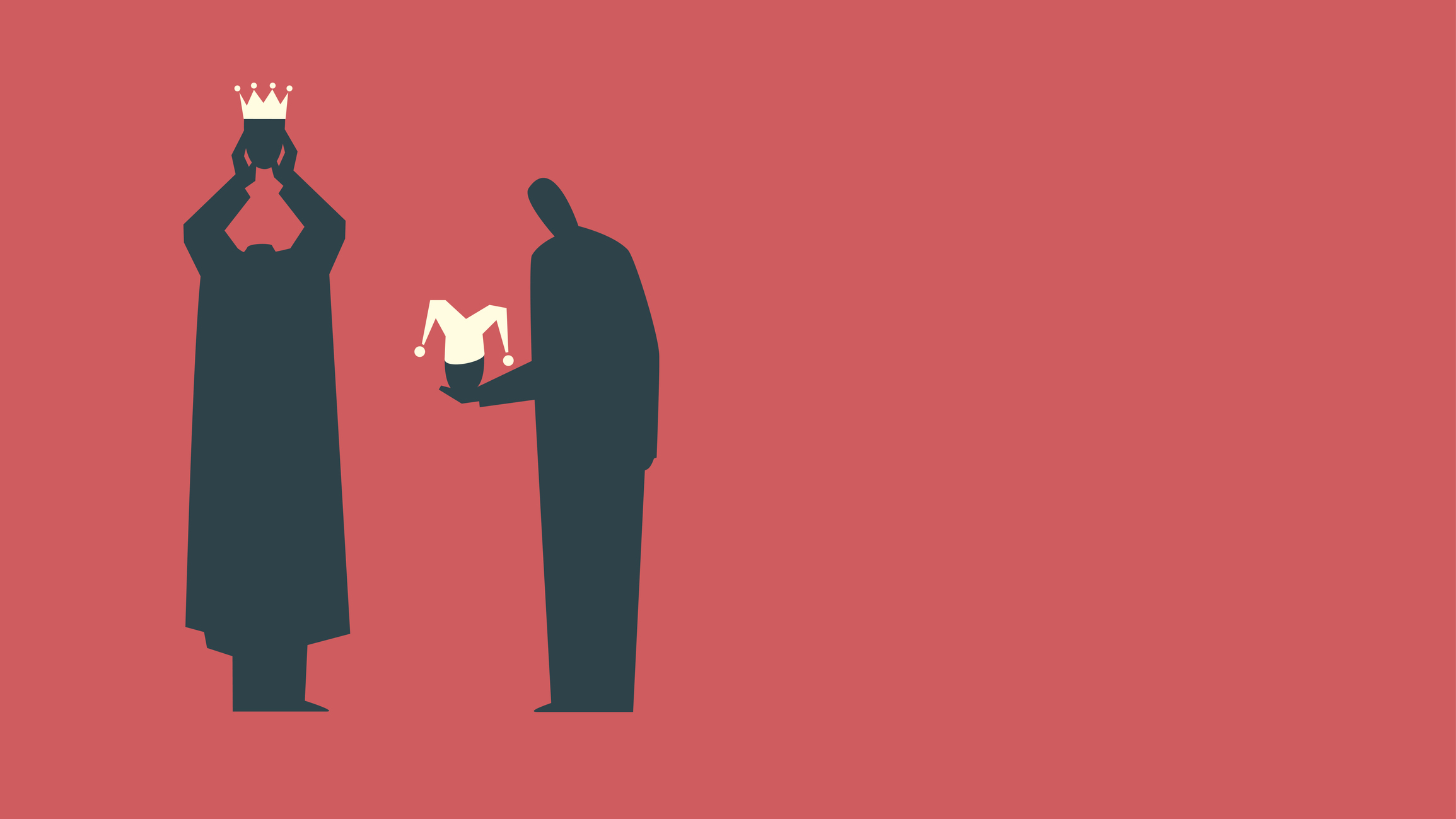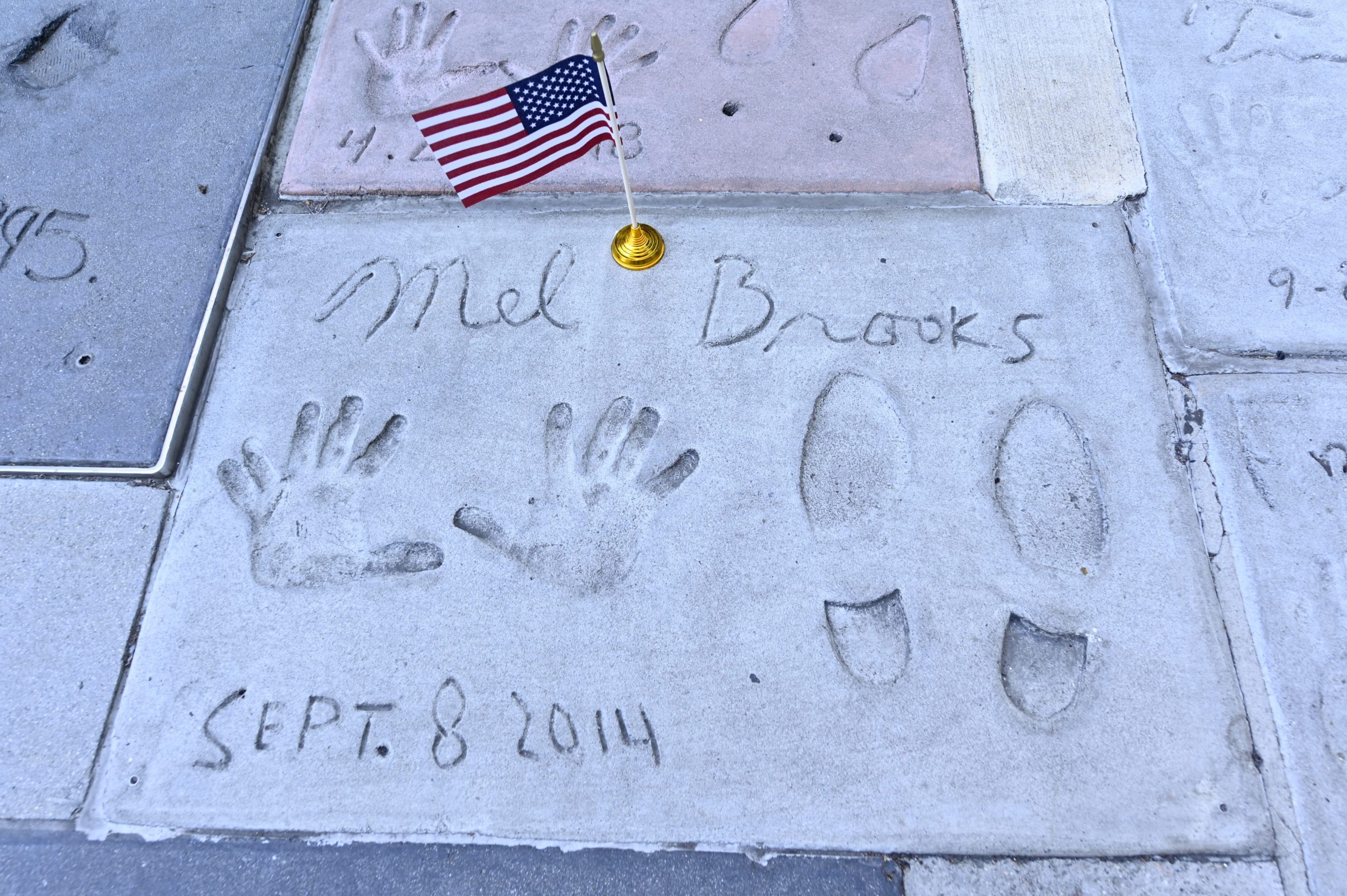Secular stand-up is domesticated opposition to the regime.
Laughter or Surrender?

Comedians have always faced a choice between political submission and true craft.
The first standup comedian was also the first canceled standup comedian.
Frank Fay invented standup comedy and became Vaudeville’s highest paid performer during the 1920’s, earning $17,500 per week. Luminaries like Jack Benny, Bob Hope, Milton Berle, and George Burns praised his comedic talent and acknowledged him as the funniest of them all.
Unfortunately for Fay, his politics were at odds with those of the showbiz establishment, and he’d eventually be publicly smeared, censured by his union, and made unemployable.
Early on, Fay was his own worst enemy. A heavy drinker, he was almost universally disliked in the business for his nasty personality. In the world of comedy, Fay was what’s known as “an asshole.”
He was both admired and detested by his contemporaries, perhaps most-notably by Milton Berle. One night, Berle, a well-known joke thief, was watching Fay perform from the side of the stage. Seeing him, Fay gestured to a stagehand, saying “Get that little Jew bastard out of the wings.”
In Berle’s words: “I waited until he had finished for the night. I was ready for him as he cut around behind some flats on the way to his dressing room. I had picked up a stage brace – they’re made of wood and metal, and they’re used to hold the scenery together – and as he went by me, I reached out and spun him around. Before he knew what was happening, I hit him right across the face with the brace. It ripped his nose apart.”
Eat your heart out, Will Smith.
Fay’s legendary ego is a matter of record. Once in court, when asked what his profession was, he responded, “I’m the greatest comedian in the world.”
When his attorney later questioned the wisdom of the response, Frank replied, “I was under oath, wasn’t I?”
Fay was an outspoken anti-Communist and devout Irish Catholic. When five of his fellow actors appeared on stage at a Communist-funded rally, where the Pope and the Catholic church had been denounced, he lodged a complaint with Actor’s Equity, asking that the matter be investigated. With that, Fay found himself on the dreaded “wrong side of history.”
He was publicly censured, unable to find representation, and a Hollywood pariah. Ruined.
Things have changed, but not by much. Comedians still suffer for their apparent infidelity to leftist norms, and they still face a choice between honoring their talent and groveling for political commissars. It has looked for a while as if the commissars are winning.
Recently, though, the crusade to reform standup comedy suffered a setback. The ragefully “compassionate” far Left has failed to foment sufficient public outrage to cancel comedian Ricky Gervais, after he roundly mocked its current sacred cow.
Gervais’s SuperNature is the most-viewed standup special on Netflix so far this year, despite media monitoring group GLAAD having previewed it for us and finding it wanting. “We watched the Ricky Gervais ‘comedy’ special on Netflix so you don’t have to,” the GLAAD Board of Decency explains. “It’s full of graphic, dangerous, anti-trans rants masquerading as jokes. He also spouts anti-gay rhetoric & spreads inaccurate information about HIV.”
All standup comedy specials are more-or-less electives, but if there is a must-see, it’s SuperNature. It’s a clean kill for standup comedy in general. For lesser-known comics who work in clubs (like me), it feels like a win.
Gervais has the comedic instinct to know he can’t let the scolds set the terms of what can be mocked. Leftist speech codes are like a parasite that commandeers the talent of charismatic performers into a pitiful display of submission, sucking the host dry.
A perfect example of this is Patton Oswalt, who started this year by renewing his public persona as a simping, scraping nothing. It’s a shame, because he’s had a great career.
Last New Year’s Eve, Oswalt was working in Seattle, and by chance his old friend Dave Chappelle was working at the arena nearby. Just after Oswalt finished his show, he got a text from Chappelle inviting him to drop by the arena and do a guest set.
Oswalt jumped at the chance and, after the show, he snapped a photo with Chappelle and posted it on Instagram, writing underneath “I ended the year with a real friend and a deep laugh. Can’t ask for much more.”
Dave Chappelle, you may recall, incurred the wrath of the trans activist mob, which has famously harassed him since 2019 when he cracked some jokes about them in his own Netflix special. Some Netflix employees walked outside and protested; there were a couple of lawsuits. It’s been consistently in the headlines for nearly 3 years.
Patton Oswalt apparently forgot about it. Or maybe he forgot that even associating with the wrong person is enough to make you guilty by association in the eyes of the gender goblins.
A couple of days later, a rattled and humbled Oswalt turned again to Instagram, posting a rambling message and an odd photo of him writing longhand on a notepad. In his lengthy post, he alternates between desperately trying to explain himself and profusely apologizing.
“I’m sorry, truly sorry, that I didn’t consider the hurt this would cause. Or the DEPTH of that hurt,” Oswalt said.
All this, because he met up with “a real friend” on New Year’s Eve and shared a “deep laugh” with a guy he started out with 34 years before.
Patton Oswalt is a middle-aged man. He’s allowed to associate with whoever he wants. I suppose he prefers to be chastised and kept in line by losers and maniacs.
The Perversion of Stand-Up
When I was a kid, dreaming of doing standup, no one cared about any of this stuff. In the 1970s and ‘80s, standup comedy existed in a world of adults. Profane and raw, HBO specials and comedy albums typically carried an “ADULTS ONLY” warning.
It was assumed that grownups could handle a few mean words. Danger (or, at least, naughtiness) was the expectation.
But by the time I started doing standup in 1996, the idea of political correctness had been accepted as a fixture of the culture war. Everyone was expected to toe certain lines. That’s how stand-up started to lose its way.
The first shot was fired in May 1990. Saturday Night Live cast member Nora Dunn, along with musical guest Sinead O’Connor, refused to appear on an episode hosted by comedian Andrew Dice Clay. Some gay protesters attempted to disrupt Clay’s monologue and had to be removed.
The results were far from decisive at the time, but controversy intensified around “The Diceman” and his allegedly sexist and homophobic material. During a raucous sit-down appearance on The Arsenio Hall Show in July of that year, Clay shrugged off the complaints about his act, to wild applause from the studio audience.
Then, toward the end of the segment, he made a big mistake and got serious.
Referring to himself by his given name, he drew a distinction between his stage persona and his real self. Then he stood up and took a few steps forward, as if to distance himself from the celebrity interview and speak directly to the people.
What happened then is still a little painful to watch. As he fumbled for the right words, he choked up. He didn’t apologize. But he did break character, in a big way, and it was gross.
Maybe it doesn’t seem like such a big deal in 2022, following a couple of decades of reality T.V. and live celebrity breakdowns online, but “the real Andrew Clay Silverstein” was about the last thing any “Diceman” fan wanted to see.
When Dice got emotional on TV, he didn’t do it for his fans. At certain points, he seemed to be trying to distance himself from them. “I don’t like this stuff, everybody else does. I just deliver it.”
Dice Clay survived, endured, and continued to fill arenas with howling fans. With just 10 years of standup under his belt, he became the undisputed heavyweight champion of comedy, and a target.
But under pressure, he got serious. Looking back, that was the fatal error. Today, the contrast between Oswalt and Gervais makes the point even more stark: you can chase the approval of miserable scolds, or you can be funny. In a fair contest, comedy beats ideology, every time. But if you’re going to do comedy, you have to care enough about what you’re saying to NOT care about the potential fallout. Never apologize, and never get serious. For a comedian, it’s the kiss of death.
The American Mind presents a range of perspectives. Views are writers’ own and do not necessarily represent those of The Claremont Institute.
The American Mind is a publication of the Claremont Institute, a non-profit 501(c)(3) organization, dedicated to restoring the principles of the American Founding to their rightful, preeminent authority in our national life. Interested in supporting our work? Gifts to the Claremont Institute are tax-deductible.
The fight totalitarians can never win.


